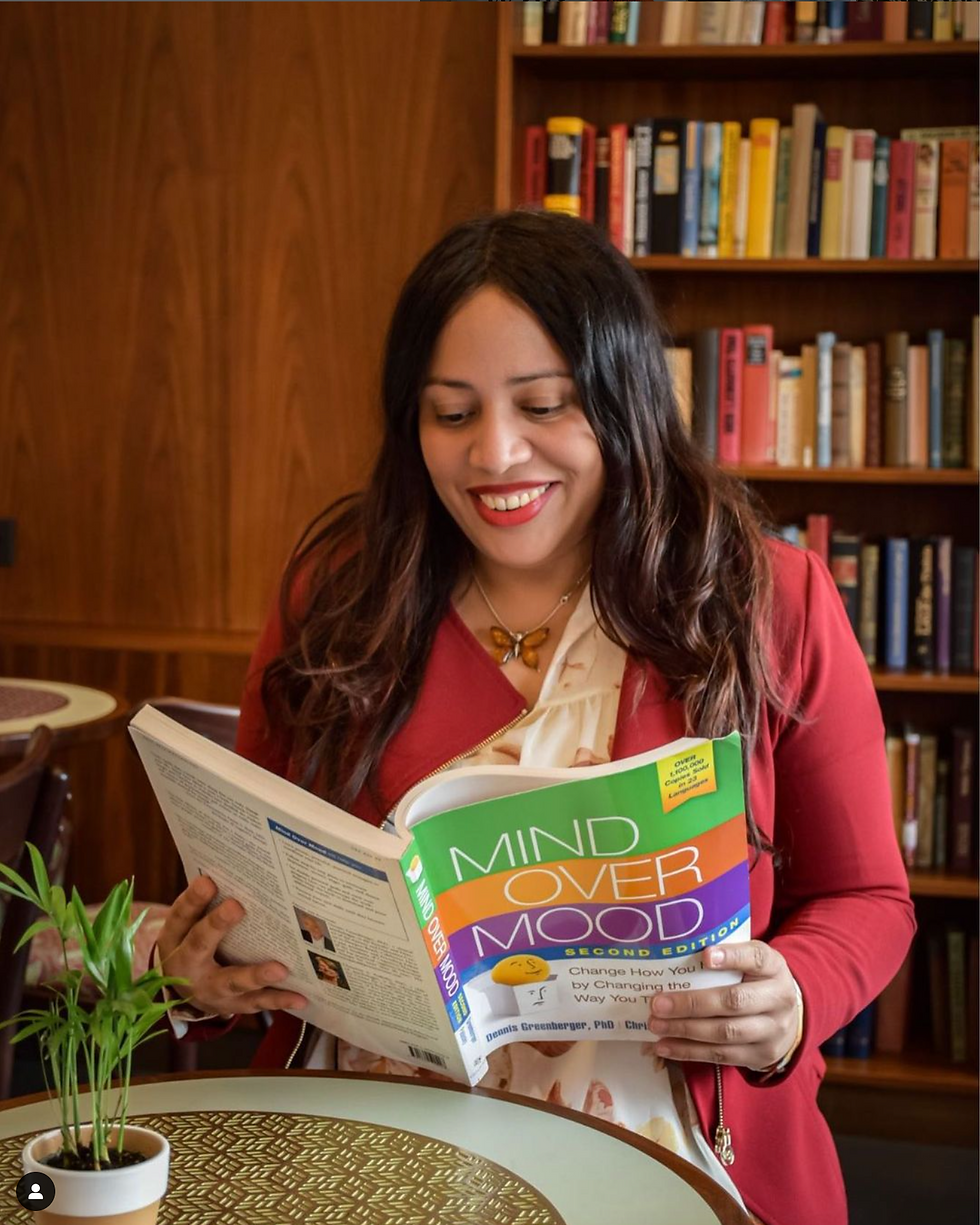Understand your family to know yourself
- melliferibookclub

- Dec 29, 2024
- 3 min read
It’s a good idea to nurture your curiosity while you're in therapy. One way to enrich your experience and guide your progress is by reading—whether specialised literature or books in general. Therapy, in my view, is like learning to play an instrument: your tutor provides guidance during lessons, but true progress requires practice and effort on your own.
I’d like to share two books that I believe can help deepen your understanding of your family, your connection to previous generations, and the role they’ve played in shaping who you are today.
We all recognize that we’re shaped by the way we were raised—by our parents, caregivers, society, and even our circle of friends. Family traditions, political beliefs, and religious views are often passed down through generations. Similarly, character traits, habits, gestures, tastes, and even certain illnesses are inherited.
But what about trauma? What about fears and the unconscious forces that influence us?
The Ancestor Syndrome (1988) Anne Ancelin Schützenberger
Anne Ancelin Schützenberger, a French psychologist and psychotherapist, presents fascinating theories in The Ancestor Syndrome. While the language reflects its scientific basis—filled with references and academic terms—the book’s core insights are both accessible and compelling.

Schützenberger explores recurring patterns of tragic events within families, such as the youngest generation experiencing the same loss or trauma at the same age or date as a previous one. She illuminates the invisible connections between family members in a way that feels both intuitive and enlightening.
One concept from the book left a lasting impression on me. I’ve long believed that emotions can significantly impact physical health. When my father fell ill with cancer and later passed away, I instinctively linked his illness to years of suppressed emotions—anger, disappointment, and betrayal. Of course, I understood that other factors contributed to his illness, but I couldn’t shake the feeling that his emotions played a role.
Reading The Ancestor Syndrome, I was struck by Schützenberger’s evidence linking suppressed negative emotions to illnesses, including cancer. This perspective transformed how I view emotional health—not just as an aspect of mental well-being but as a cornerstone of physical health.
It Didn’t Start with You (2016) Mark Wolynn

Mark Wolynn’s It Didn’t Start with You was the first book I read on this subject, and it overlaps in many ways with Schützenberger’s work. However, Wolynn’s style reflects the hallmark of American non-fiction: concise, digestible insights that are easy to absorb. This makes the book especially valuable for those new to professional literature or prone to distraction.
What sets this book apart are the exercises included in each chapter. Simply reading the book cover to cover won’t have the same impact as actively engaging with these exercises. When done thoughtfully, they can be deeply emotional and physically draining, yet profoundly transformative.
Influenced by both of these books, I began my journey of understanding my family. I interviewed some relatives and spoke to my mother about her childhood. I was struck by the words she used to describe it because, just moments earlier, I had written down nearly identical observations about my own experience growing up. It was my proof of a transgenerational connection, and it was eye-opening. I also interviewed my only living grandfather and my aunt, both of whom offered new perspectives on familiar family members who had already passed away. By piecing together these fragments, I was able to form a clearer picture and find my place within it. You are your family, whether you like it or not. But once you understand and accept this, you gain the freedom to rebuild your character, if needed, and work with what you already have.



Comentários